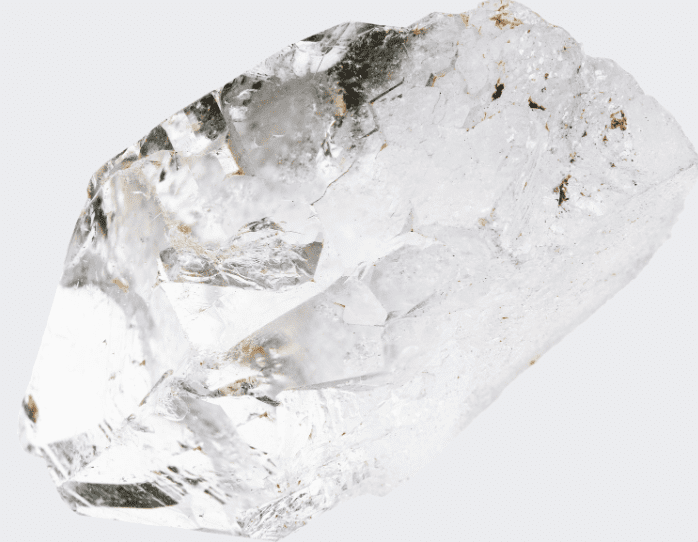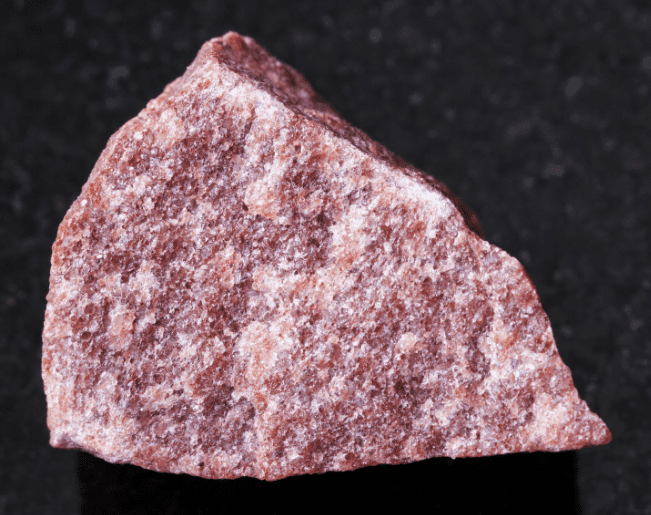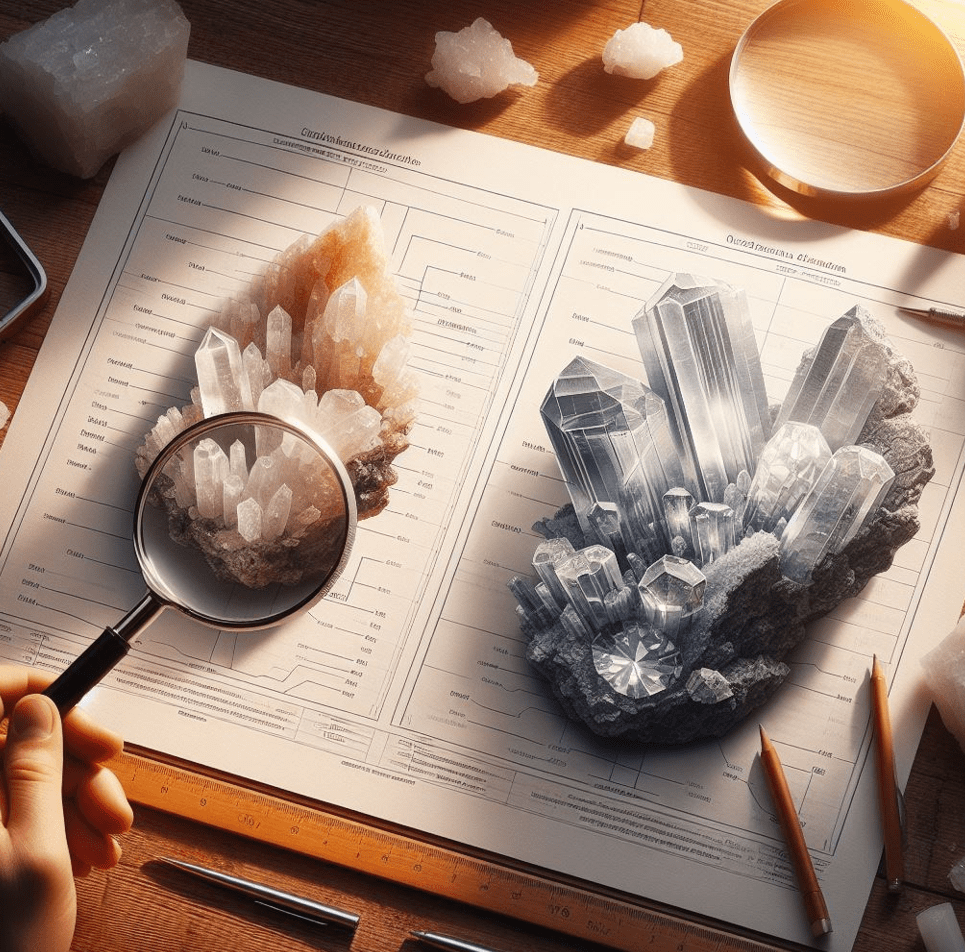Quartz vs Quartzite: Which Countertop Material is Right for You?
When choosing countertops for your kitchen or bathroom, quartz, and quartzite are two popular options that often leave homeowners torn between them. While both materials offer impressive qualities, it’s essential to understand their unique properties and select the one that best suits your needs and preferences. Let’s dive into an in-depth comparison of quartz and quartzite, starting with their origins and then exploring their key characteristics.
What are Quartz and Quartzite?

- Quartz is a man-made engineered stone that is made up of approximately 90% ground quartz and resin. It is available in various colors and patterns and can be customized to fit any style. Quartz is non-porous and stain-resistant, making it easy to clean. However, it can be damaged by high heat, so it is essential to use coasters and trivets when placing hot items on the surface.

- Quartzite is a natural stone that is made up of around 95% quartz. It has a slightly more natural appearance than quartz and is available in a wide range of colors and patterns. Quartzite is also non-porous and stain-resistant, and it is even more resistant to heat than quartz. However, quartzite can be more expensive than quartz.
Here is a table that summarizes the key differences between quartz and quartzite:
| Feature | Quartz | Quartzite |
|---|---|---|
| Material | Engineered stone | Natural stone |
| Composition | 90% ground quartz and resin | 95% quartz |
| Porosity | Non-porous | Non-porous |
| Stain resistance | High | Very high |
| Heat resistance | Moderate | Very high |
| Cost | More affordable | More expensive |
Appearance
- Quartz is available in a wide variety of colors and patterns, including solid colors, multi-colored blends, and veined patterns.
- Quartzite has a more natural appearance than quartz and is often available in colors that were formed millions of years ago.
Both quartz and quartzite countertops are available in a wide variety of colors and patterns to suit any style.
Water and Heat Resistance
- Quartz is non-porous and stain-resistant, making it easy to clean with a mild detergent and water.
- Quartzite is also non-porous and stain-resistant, but it is more resistant to heat than quartz.
Care and Cleaning
- Quartz is relatively easy to care for and clean. A soft sponge or cloth and a mild detergent and water is all that is needed.
- Quartzite needs to be sealed regularly to prevent staining and damage from liquids. It should be cleaned with a gentle stone cleaner and a microfiber cloth.
Durability and Maintenance
- Quartz is one of the most durable countertop materials available. It is resistant to scratches, chips, nicks, and impact damage.
- Quartzite is also very durable and can withstand a lot of wear and tear. However, it can chip or scratch if it is subjected to heavy impacts.
Installation
- Quartz is easy to install and can be done by a qualified contractor.
- Quartzite is more difficult to install and may require a professional installer.
Cost
- Quartz is a more affordable option than quartzite. The average cost of quartz countertops is $40 to $100 per square foot, while the average cost of quartzite countertops is $80 to $210 per square foot.
Lifespan
- Quartz has a long lifespan, with an average lifespan of 20 to 60 years.
- Quartzite has a similar or longer lifespan than quartz, with an average lifespan of 50 to 100 years.
Conclusion
Both quartz and quartzite are excellent countertop materials for kitchens and bathrooms. The best material for you will depend on your individual needs and preferences. If you are looking for a durable, low-maintenance countertop that is available in a wide variety of colors and patterns, then quartz is a good option. If you are looking for a natural-looking countertop that is even more durable than quartz, then quartzite is a good option.
Ultimately, the best way to decide which countertop material is right for you is to visit a showroom and see the different materials in person. You should also consider your budget and your lifestyle. If you have young children or pets, you may want to choose a material that is more resistant to scratches and stains.
























